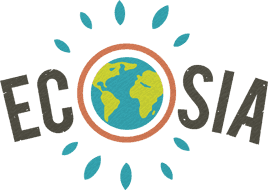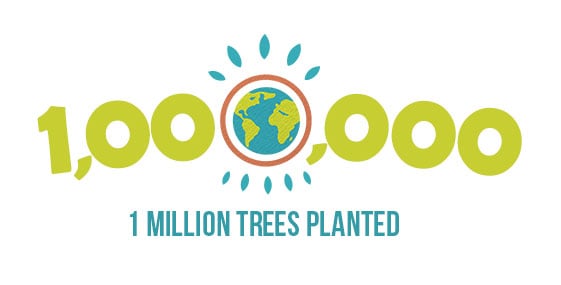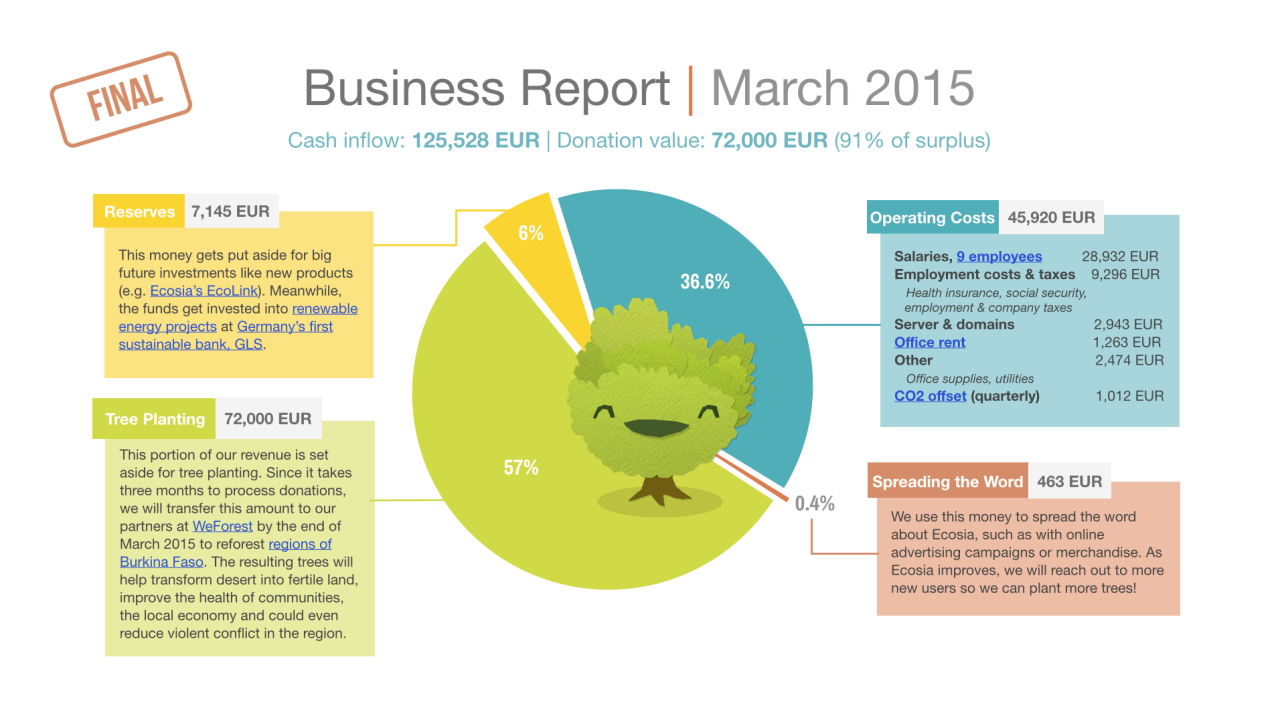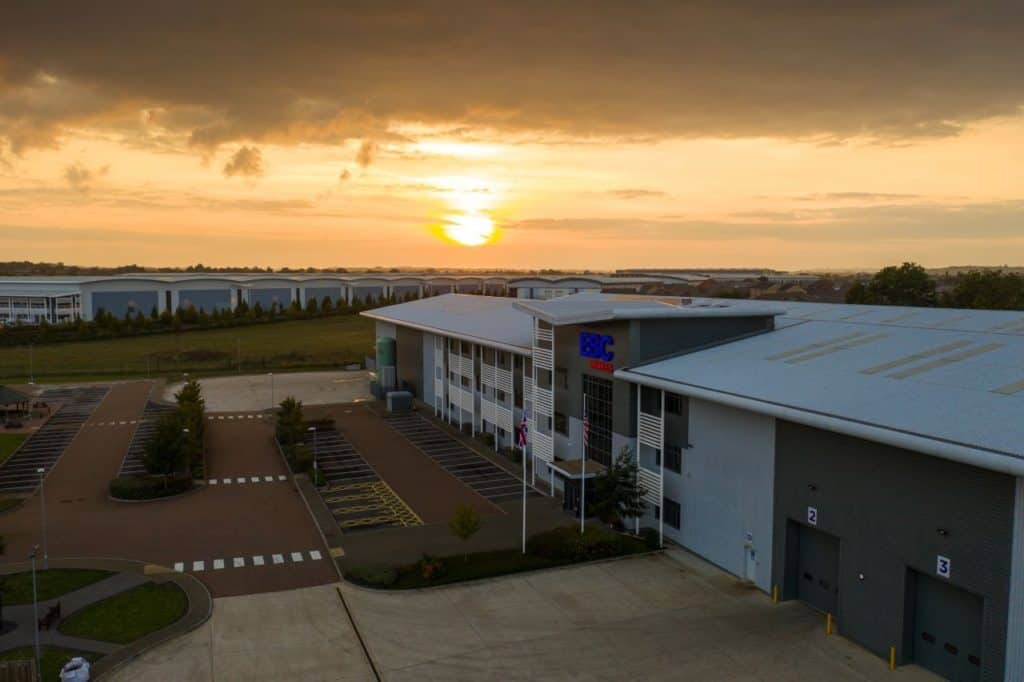Plastic Expert are delighted to welcome Ecosia…
‘The world’s leading environmentally friendly search engine’. Ecosia uses profits to plant trees and support other environmental projects to make a more sustainable world.
Who came up with the idea for Ecosia and what were the first steps to build it?
Christian Kroll founded Ecosia in December 2009 as the last of several experiments in charitable search. He built an MVP website using web APIs from Google and later Yahoo!/Bing, then donated 80% of the income it generated to one of several NGOs’ environmental projects, including WWF and the The Nature Conservancy.
Could you explain how your revenues and profits work, and how you make money from the site?
Search engines earn money when users click on search ads and affiliate links in the results. Ecosia is no different on that front, since we earn revenue from the ads Yahoo!/Bing provide us together with their search API. The difference is that we donate 80% of the profits we earn from this income.
What are the incentives for people to use your website instead of Google or Bing?
“Plant trees when you search the web.” Doing good in the world today isn’t always easy, but Ecosia can be the first step: Use it to help plant trees for free with an activity you do everyday. We’re also working to help give users an understanding of both their individual as well as their collective impact, support them in doing more good in their daily lives, and to connect with the wider community of like-minded Ecosia users. The idea is to develop Ecosia as a web tool that empowers people to help the environment, and by extension, each other.
Do sustainable or ethical brands gain any placement advantage on your search engine?
Not at this time, though it’s something we’re considering for the future.
How can companies benefit using your service in terms of CSR?
With Ecosia as your company’s default search, your entire organization is contributing daily to the planting of trees in a part of the world that needs it most. New trees in Burkina Faso are regreening places pounded by decades of drought by restarting the local water cycle and bringing native plants and animals back to the region. This is improving the health of local people and their livestock, creating more earning opportunities for men and women alike, as well as allowing more children to go to school. The return of natural resources to the region is even reducing the chance of violent conflict.
Participating businesses and organizations can get concrete feedback on their individual and collective impact metrics, as well as helping employees to understand the value of conservation measures in the office as well as out. Ecosia is the ideal starting point for a fledgling CSR program or the perfect complement to an existing one.
Can a business offset their carbon footprint through using the Ecosia search engine?
This is another service we’re considering for the future.
We’ve seen that you now have two and half million users; how long has it taken to reach this figure, and did you celebrate any significant milestones?
Yes! Ecosia has been steadily growing its audience for the past five years, so about that long. In terms of milestones, we celebrated one million trees planted last November (a number we’d been approaching since August 2013). Prior to planting trees, we donated a total of 1,271,557 € to WWF Brazil’s rainforest protection program. To date, we’ve donated a total of 2,896,566 €.
With over 700,000 searches per day, your search engine is becoming increasingly popular. What are the biggest obstacles for your continued growth?
First and foremost, getting the word out. We have an incredibly enthusiastic audience – some of the best organic marketers the world will ever see! Still, the problem of deforestation is growing faster than we are. So we are currently optimizing: from the core user search and information experience to the tree planting itself and spreading the word about Ecosia. We’re improving the experience to decrease pain and increase “user joy”. Next, we’ll look into how we can support school, organizations and businesses with Ecosia as an educational and motivational tool to reach our common sustainability goals.
Back in November you celebrated planting your millionth tree, and now you’ve planted over one and a half million. Your target is one billion, how positive do you feel about reaching this goal?
It’s a tall order, but in the face of big problems, you need big solutions. We chose a goal that would push us to test the limits of Ecosia’s potential, and we’re pretty confident we’re on the right track in terms of reaching (and perhaps even exceeding) it. ☺
Why was Burkina Faso chosen for this reforestation project, and do you have any ideas for where might be next?
Simply put, WeForest’s Burkina Faso project blew us away from the beginning. The project’s proven potential for layer-upon-layer of positive impact coupled with WeForest’s extremely careful and thorough choice of partners and monitoring methods impressed us greatly. It was also perfectly aligned with the value we place in having the highest positive impact per dollar. What’s more, it has been possible for the Ecosia team to get closer to the workings and impact of any environmental project we had ever supported before. This is something we will soon be able to feed back out to users.
You’ve stated it costs only 28 cents to plant a tree in Burkina Faso, what components make up this amount?
The cost of each surviving tree includes preparation of the soil (purchase and maintenance of Delfino tractors and material for ploughing of half moons, etc.), the seed cost, as well as the cost of managing planting, supervising, auditing and reporting on the WeForest side.
Do you believe it is easier for a business to do good by beginning their activities with social and environmental goals as part of their core business model, or as a large business trying to adapt and implement targets as part of a selling tool?
This usually depends on two things: a) the industry you’re in, and b) whether your business is actually solving an important problem.
If you’re already a big business, you have a lot going for you, including the financial and infrastructural resources to pour into important solutions, not to mention a proven business model. But if your core business strikes a negative balance on the social or environmental sustainability front, it may be financially risky and/or generally difficult to change this.
When you start a business with social, environmental and economic sustainability written into its DNA, you’re laying the foundation for a long-term positive sustainability balance, which allows positive impact to be a “natural” part of business activities. The key here is ensuring that your business model “works”, meaning that it solves problems for its stakeholders, and that your solution is monetizable with one of these stakeholders (ensuring financial sustainability).
We encourage social entrepreneurship, as we believe the most problem-solving power to lie in the hands of “everyday” people to recognize, understand and realize solutions to the problems they observe around them.
What has been the most significant factor in your sustainable growth?
People. Ecosia continues to grow steadily because people care – because they can sense the gravity and interconnectivity of the world’s problems, and because they know that Ecosia is one small, steady piece of the puzzle. Our job now is to remove blocks standing between people and what they’re capable of in the struggle to make the world a better place. We’re working with users everyday to better understand those blocks and turn Ecosia into a tool that reduces friction between solutions to the world’s biggest problems and the act of realizing them.
Each month you post your business reports, why do you feel the need for such transparency?
Our users are everything to us – we rely on their trust and commitment to plant trees, to drive the movement, to make change possible. When we changed our business model last year from donating 80% of revenue to 80% of profits, we were asking users for a lot of added trust as we made the decision to invest more in the project and grow Ecosia to its full potential. We figured this leap would be easier if it were transparent – and since we value transparency so highly, we decided to publish monthly business reports as a way to keep users informed, and ourselves in check, all at the same time.
It’s been great having you, we wish you all the best for the future.
If you’d like to try searching with Ecosia, and keep track of how many trees you’ve helped plant in the process, visit https://www.ecosia.org/ and give it a go. It’s as simple as that!











